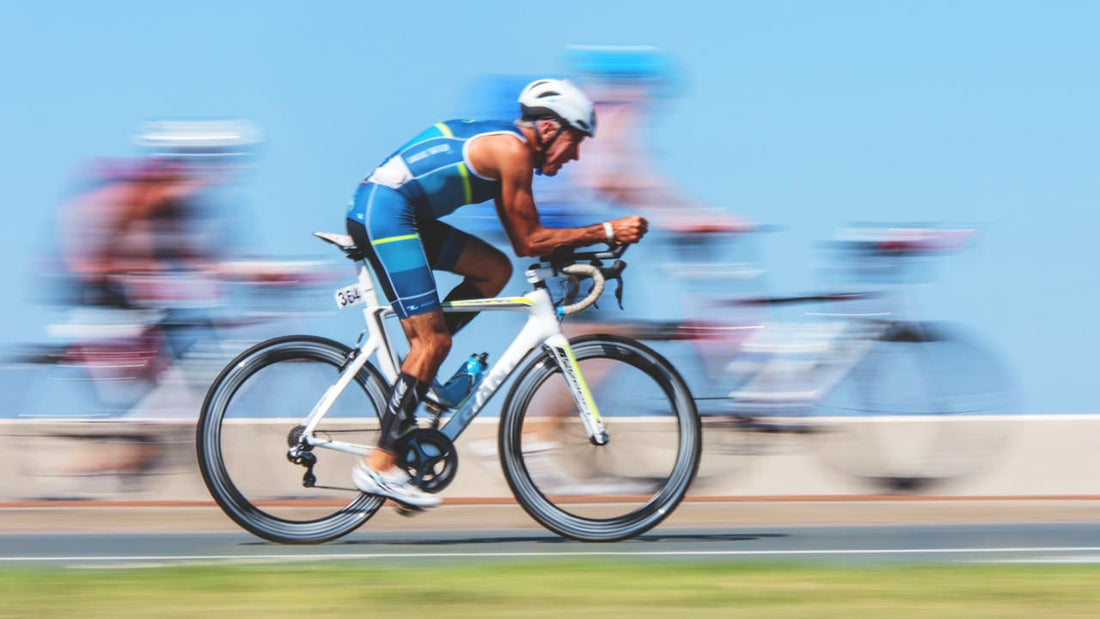Endurance athletes push their bodies to the limits, demanding sustained energy, hydration, and mental sharpness to perform at their best. One of the most crucial factors in achieving peak performance is a well-structured mid-race strategy. Without an effective mid-race endurance strategy, even the most well-trained athletes can experience fatigue, dehydration, or energy crashes that compromise their performance.
The Science Behind Mid-Race Fueling
The human body primarily relies on carbohydrates, fats, and proteins to generate energy. During endurance races, carbohydrates become the dominant energy source as they provide readily available glucose to fuel muscles. The depletion of glycogen stores leads to fatigue, often referred to as "hitting the wall" in marathon running.
Studies suggest that endurance athletes should aim to consume 30-60 grams of carbohydrates per hour during prolonged events lasting more than 90 minutes. For ultra-endurance events, some research recommends up to 90 grams per hour to maintain energy levels and delay muscle fatigue.
Hydration is equally important. Sweat loss varies among individuals but can range from 0.5 to 2 liters per hour. A mid-race strategy should include replenishing lost fluids and electrolytes to prevent dehydration, which can impair cognitive and physical performance.
Carbohydrate Choices for Endurance Athletes
Carbohydrate selection is crucial for maintaining blood glucose levels. The best sources include:
- Energy Gels: These provide a concentrated source of carbohydrates, usually containing 20-30 grams per serving. They are quickly absorbed but should be consumed with water to prevent stomach discomfort.
- Sports Drinks: These offer a combination of carbohydrates and electrolytes, making them an effective way to fuel and hydrate simultaneously. Studies show that consuming beverages containing 6-8% carbohydrates enhances endurance performance.
- Chews and Gummies: A convenient alternative to gels, these deliver a steady release of glucose and are often preferred by athletes with sensitive stomachs.
- Whole Foods: Some athletes opt for natural sources like bananas, dates, or energy bars that provide a combination of carbohydrates, fiber, and micronutrients.
The Role of Electrolytes in Mid-Race Endurance Strategy
Sweating leads to the loss of essential minerals such as sodium, potassium, calcium, and magnesium. A proper mid-race endurance strategy includes replenishing electrolytes to prevent muscle cramps, dizziness, and reduced performance.
Sodium plays a critical role in maintaining fluid balance and preventing hyponatremia (low blood sodium levels). Research indicates that athletes should consume 300-600 mg of sodium per hour during endurance events, adjusting based on sweat rate and climate conditions.
Timing Your Fuel Intake
The body can only absorb a limited amount of carbohydrates per hour, making timing essential in mid-race strategy. Spacing out carbohydrate intake every 20-30 minutes ensures a steady release of glucose into the bloodstream.
For example:
- Before the race (30-60 minutes prior): Consume 50-100 grams of carbohydrates to top off glycogen stores.
- During the race: Start fueling within 30-45 minutes of starting and continue at regular intervals.
- After the race: Prioritize carbohydrates and protein to aid in muscle recovery and glycogen replenishment.

Hydration Strategies for Endurance Athletes
Hydration needs vary based on individual sweat rates, race duration, and environmental conditions. General guidelines recommend consuming 400-800 ml of fluid per hour. Relying solely on thirst may not be sufficient, as dehydration can set in before the body signals the need for fluids.
A balanced hydration approach includes:
- Water for shorter races (<90 minutes).
- Electrolyte drinks for longer races (>90 minutes) to replenish lost sodium and minerals.
- A mix of both in hot and humid conditions where sweat loss is higher.
Caffeine and Performance Enhancement
Caffeine is a well-researched performance enhancer that can improve endurance by reducing perceived effort and increasing fat oxidation. Studies indicate that 3-6 mg of caffeine per kg of body weight can enhance endurance without causing negative side effects. Many endurance athletes consume caffeine through energy gels, sports drinks, or coffee before or during a race.
Avoiding Gastrointestinal Issues
One of the biggest challenges endurance athletes face is gastrointestinal (GI) distress. Consuming unfamiliar foods or excessive amounts of carbohydrates at once can lead to bloating, nausea, or cramps. To minimize risks:
- Test your fueling strategy during training.
- Avoid high-fiber, high-fat, or dairy-based foods during the race.
- Use a mix of glucose and fructose-based carbohydrates, as research shows they enhance absorption rates and reduce GI distress.
Personalizing Your Mid-Race Strategy
Each athlete responds differently to fueling strategies, making it essential to experiment and adjust based on personal experience. Key factors to consider include:
- Race duration and intensity
- Individual sweat rate and electrolyte loss
- Tolerance to different carbohydrate sources
- Weather conditions affecting hydration needs
By refining their mid-race endurance strategy, athletes can optimize energy levels, maintain hydration, and improve overall performance.
Conclusion
For endurance athletes, mid-race fueling is not a one-size-fits-all approach. A well-planned mid-race strategy includes a combination of carbohydrates, electrolytes, and fluids tailored to individual needs. By understanding the science behind fueling, choosing the right carbohydrate sources, and fine-tuning hydration strategies, athletes can sustain energy levels and perform at their best.
With proper training, strategic fueling, and hydration, endurance athletes can conquer races with confidence and avoid the dreaded bonk or dehydration pitfalls. Mastering mid-race endurance strategy ensures peak performance and a competitive edge in long-distance events.
Fuel endurance and maximize performance with BoostedOxygenWater—the ultimate hydration solution for endurance athletes! Our scientifically formulated blend of electrolytes, essential minerals, and oxygen-infused water ensures sustained energy, improved hydration, and faster recovery. Whether you're running a marathon or cycling long distances, BoostedOxygenWater keeps you performing at your best. Available for wholesale purchase, our premium hydration product is perfect for sports retailers, gyms, and endurance event organizers. Don't miss the opportunity to elevate your offerings and support athletes with top-tier hydration. Schedule a call today to learn more about wholesale partnerships and special pricing!
Reference:
1. Aragón‐Vela, J., Acevedo, O., Plaza‐Díaz, J., Casuso, R., & Huertas, J. (2022). Physiological benefits and performance of sea water ingestion for athletes in endurance events: a systematic review. Nutrients, 14(21), 4609. https://doi.org/10.3390/nu14214609
2. Braun-Trocchio, R., Graybeal, A., Kreutzer, A., Warfield, E., Renteria, J., Harrison, K., … & Shah, M. (2022). Recovery strategies in endurance athletes. Journal of Functional Morphology and Kinesiology, 7(1), 22. https://doi.org/10.3390/jfmk7010022
Coso, J., Muñoz, G., & Muñoz‐Guerra, J. (2011). Prevalence of caffeine use in elite athletes following its removal from the world anti-doping agency list of banned substances. Applied Physiology Nutrition and Metabolism, 36(4), 555-561. https://doi.org/10.1139/h11-052

